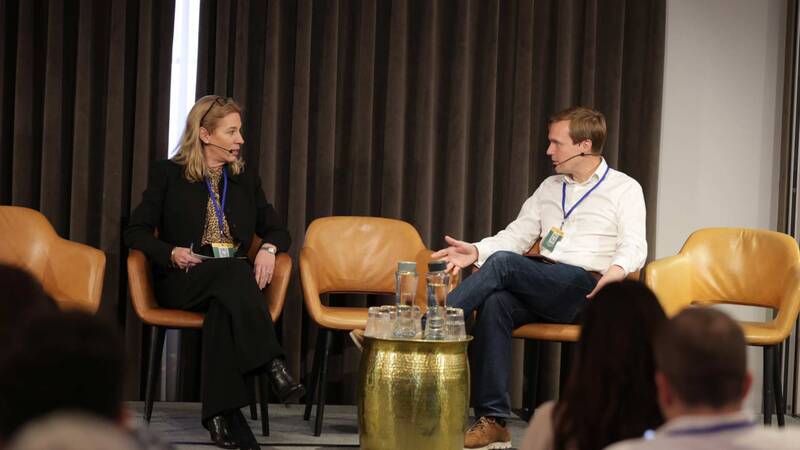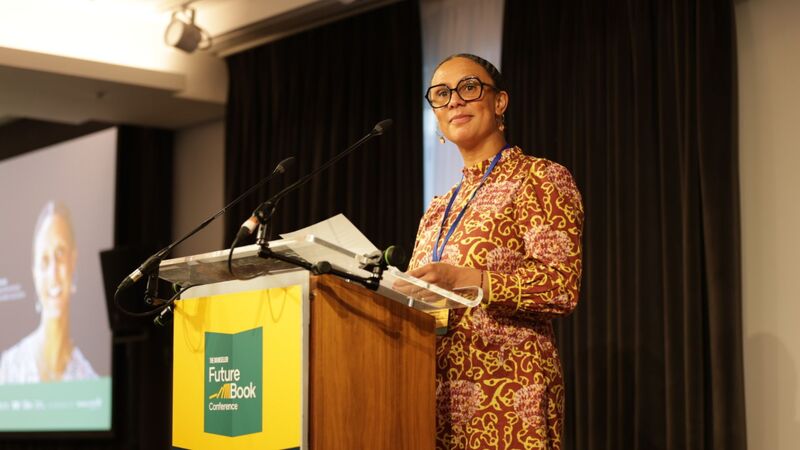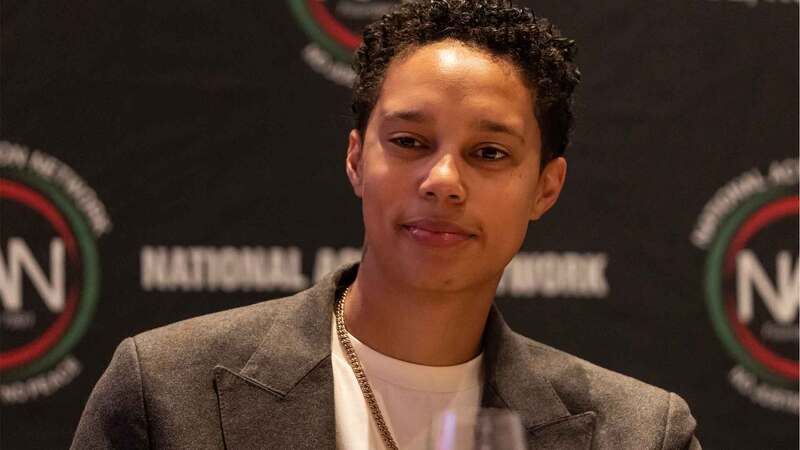You are viewing your 1 free article this month. Login to read more articles.
Oxford Languages debates challenges of 'sexist' terms in dictionaries
Oxford Languages has addressed the alleged “sexism” in its dictionary definitions and discussed the challenges of recording discriminatory meanings of words versus censorship as well as current trends in language referring to women.
To mark International Women’s Day on Monday (8th March), the Oxford Languages team, part of Oxford University Press (OUP), ran an online panel discussion to explore how and why sexist terms are recorded in the dictionary and what this language means.
In the event, titled ‘'Bitch, bint, and maid: exploring sexist language in the dictionary", panelists included Katherine Martin, head of product of Oxford Languages, executive editor at the Oxford English Dictionary (OED) Eleanor Maier, University of Exeter professor and author Helen Taylor, and Dr Sarah Ogilvie, senior research fellow at the University of Oxford.
Drawing on real evidence of language use, panelists explored why the dictionary even captures terms such as "bitch", "bint", and "maid"; what these most challenging definitions tell us and the trends developing around women and language.
The event followed OUP's update of its dictionaries’ definitions of the word “woman” last November following a comprehensive review triggered by PR consultant and activist Maria Beatrice Giovanardi. She had launched a petition on Change.org in 2019 urging a change to the definition in the Oxford English Dictionary, as reported in The Bookseller, which attracted almost 34,000 signatures.
When event chair Leila McKenzie-Delis, c.e.o. of network DIAL Global, asked about why the language of the dictionary is seen as sexist, Martin said: “The simple answer is that bitch is quite a common word in English and our dictionary is for adults so we certainly need to have a dictionary entry for the word ‘bitch’. It's similarly common to words like 'eyelid' or 'volcano' so it would be absurd not to include one of those words in the dictionary, when we make a decision to include a word in the dictionary we also want to show the full range of meanings because that’s part of what we do as lexicographers is provide this comprehensive analysis of the word’s use. So not to provide any context of the word’s use would be akin to censorship.”
She discussed why terms seen as discriminatory are still included in the dictionary. “The Oxford English Dictionary - the historical dictionary - contains the use in the derogatory way that we know - but there’s also a different meaning of ‘bitch’, the colloquial one in neutral or positive use and this is also a real meaning of the word,” Martin said. “I think of it as the ‘Sorority Bitch’ as in ‘Hey Bitches’. We look at our work as cataloguing and generally think the more facts the better.”
Martin believes that some of the criticism of sexism is about the lack of context in the digital versions. “In a physical dictionary, the more information and synonyms it has, the better. At the front of a dictionary you have the information on the editorial process, why did they include this, what do they mean by synonym. In a digital context, you don’t always have all the information [around the editorial process]. So I think the reception of the synonyms that had been included in our thesaurus being interleafed with dictionary content and various contexts online, people were confused... this was a real learning experience for us as lexicographers.
“So maybe depending on the use of data, different things are helpful to show or not show. Thinking about what the assumptions of our readers are going to be. So that is what has happened with the meaning of the word ‘bitch’ and why it is challenging for us to balance the facts and the reception.”
Meanwhile Maier said that in her work for The Oxford English Dictionary the editors have a duty to map the usage from its earliest origins. “It traces meanings from Old English to the modern day, we have senses that are now obsolete and not in use anymore by the development of the word, we try to include the earliest sense of the word. So with this neutral use of ‘bitch’ the earliest use we can trace is 1785. These definitions and quotations are from our entry of ‘bitch’ that is in revision. In June we hope to publish the fully updated version of this entry."
She believes that the history of the language must be recorded comprehensively without omitting entries. “When we talk about why the language of the dictionary seems so sexist it’s because language can be sexist, people can be sexist and as a descriptive dictionary we’re describing that usage. It doesn’t mean we approve of that usage. But we have a duty as scholars to record this."
Ogilvie agreed with this assertion. “Dictionaries are not promoting sexism, they are just describing words that reflect sexist attitudes of speakers," she said. "It is important to realise it is not just pejorative, taboo words but it is also in subtle terms around certain adjectives so you never hear of men described as ‘ditzy’ or ‘feisty’ or ‘gossipy’ or ‘naggy’, ‘bossy’ or ‘shrill’. So there’s definitely a gender bias to certain words and a good lexicographer is obliged to convey that meaning in the dictionary entry.”
She described a recent movement of ascribing first names to women such as 'Karen'. “There is a recent trend for pejorative words for women, especially white women, which is the use of female first names such as ‘Karen’ for middle-aged, racist white mum who wears ‘mum jeans’ and asks to see the manager in a restaurant and now she’s refusing to wear a face mask. There’s also ‘Becky’, ‘Stacey’... all these words were born on the internet. The more vitriolic expressions against women were mostly created on 4chan [an English-language imageboard website] and Reddit within sub-cultures such as 'incels'.”
Giovanardi, who has recently organised a similar petition in her home country of Italy to change the definition of 'donna' [Italian for 'woman'] in the Treccani dictionary, said she was pleased Oxford Languages had run the event. She told The Bookseller: “I agree on the importance to include in the OED a track record of the history of words, whilst keeping instead a more proactive, flexible and person-centric approach to the everyday use dictionaries.”
While she is continuing to campaign about the use of the word 'bitch', Giovanardi said: “I am delighted because Oxford has quite revolutionised its definition of 'woman' and has had the modesty to be self-critical, despite being a world authority on language and lexicography. Thanks to the campaign they have eliminated many derogatory synonyms (baggage, piece, and many others) and many horribly sexist phrases, making the 'woman' play an active part in its definition, and finally a human being, not an object owned by men.
"They also added that the woman (as well as the man) can be the wife/husband of a person and not only, respectively, of a man (man's wife) or of a woman, a huge victory for the LGBTQIA + community and a demonstration of recognition.”


















